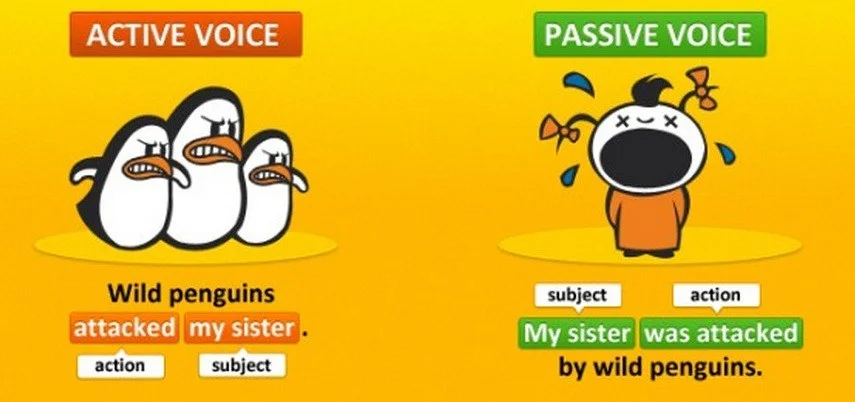“When you are looking to improve your English vocabulary by knowing how to create a negative or neutral meaning, you should consider the usage of changing words by adding -Un, -In, -Il to the beginning of each word to change the actual meaning of it.”
Using English Words of Compassion and Kindness
“One of the key parts of English vocabulary that a new learner to the language should focus on is to how to be compassionate and kind to other people. When you learn English as a Second Language, your vocabulary to express kindness, compassion, and understanding towards others should be a top priority. Expressing kindness in English or in any language will get you very far with other native speakers and can help you in any situation.”
On Writing Memos
“What is a memorandum you may ask? A memorandum or ‘memo’ is a type of written message passed along in a business for internal changes and review. Being able to edit, write, and understand memos is a key part of being successful in the business world. Memos are usually shorter in terms of written length and can range from as little as 100 words to about 1000 words depending on the subject matter.”
Writing Formal Letters
“Writing a formal letter has gone out of style with the rise of e-mails and text messages. However, it is not gone yet and if you would like to stand out as a great English writer, I really recommend you learn more about the art of writing formal letters. Writing a letter, in general, is great practice especially when it comes to developing your vocabulary and sentence structure.”
Stringing Together Semicolons
“Similar to commas, Semicolons are an important punctuation mark that plays a key role in many English sentences. When you think of a semicolon, think of it being a slight pause in a sentence between the two main clauses or parts that should be separated as you would do with a comma. You will want to use the semicolon in between two independent clauses within a basic sentence and this is especially true if there is no coordinating conjunction being used such as and, or, but, etc.”
Learning Strategy - Utilization, Not Memorization
“Many English language learners and students are taught from a young age to memorize, repeat, and regurgitate what they have been assigned by their teachers. When it comes to the main focus of English as a Second Language, there is a tendency for educators in this field to focus on having memorization be the main focal point for an English student’s language base when it should not be this way. Instead of memorization and repetition, we should instead focus on helping English language learners with utilization, which means putting the English grammar and vocabulary they have acquired for actual use.”
Understanding English Verb Moods
“A verb mood in English shows the writer's attitude toward what he/she is saying. There are four different and distinct verb moods that we use in the English language to highlight a kind of behavior or belief that needs to be expressed independently or dependently. The four verb moods that we will cover in this article are indicative, imperative, subjunctive, and infinitive.”
Action Verbs
“When you are first getting the basic structure of English sentences, it’s important to base those same sentences around key verbs in the language that we use every day. Knowing what action verbs are as well as when and where to use them is key to becoming better at the beginning stages of your English language studies.”
Countable and Uncountable Nouns
“Countable and Uncountable nouns are grammatical topics that are likely to come up again and again in your studies so it’s important to know the main differences between them. If you are looking to improve your usage of numbers and to know how to use them to refer to person(s), place(s), and things(s), which are one or more in amount, then you will need to have a good grasp of countable and uncountable nouns.”
The Passive Voice
“The passive voice occurs when you make the object of an action into the subject of a sentence. This is because of whoever or whatever is performing the action is not the grammatical subject of the sentence. Take a look at this passive rephrasing of a familiar joke in the English language:
Why was the road crossed by the chicken?”















